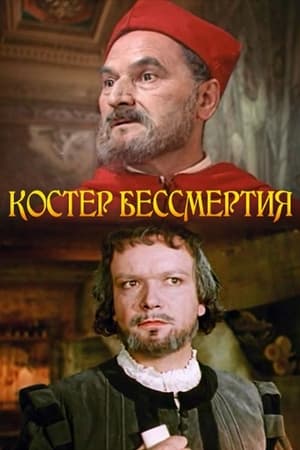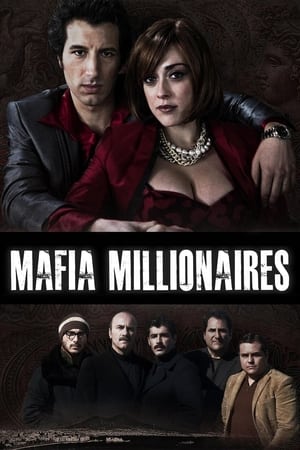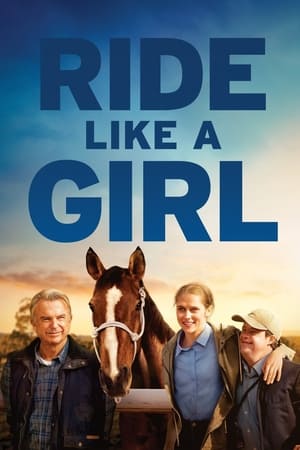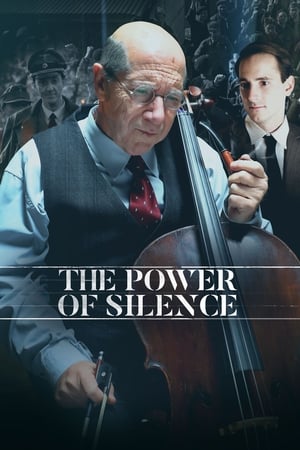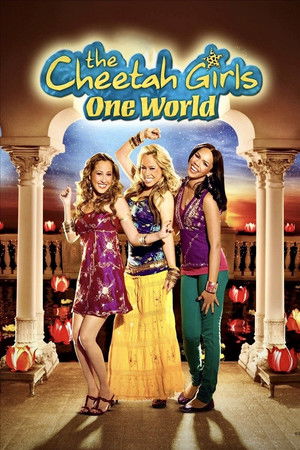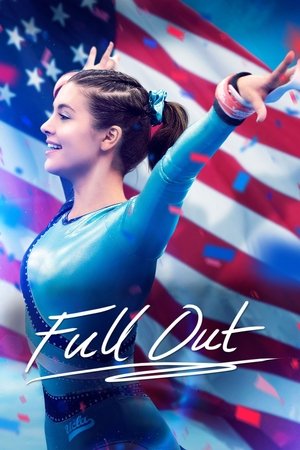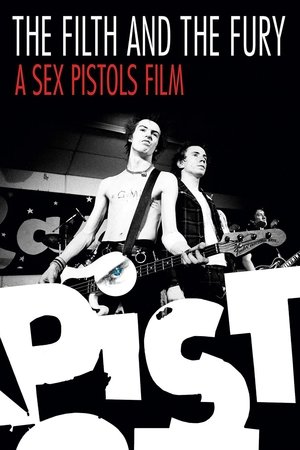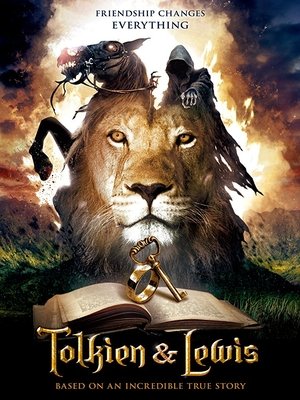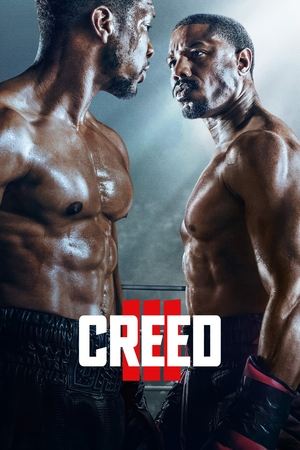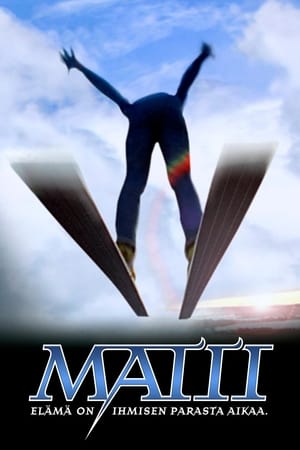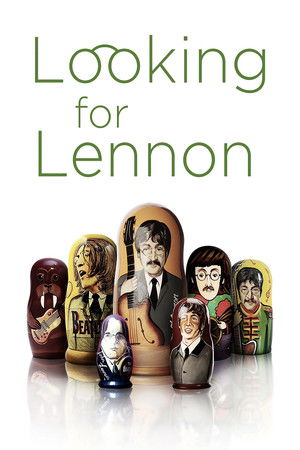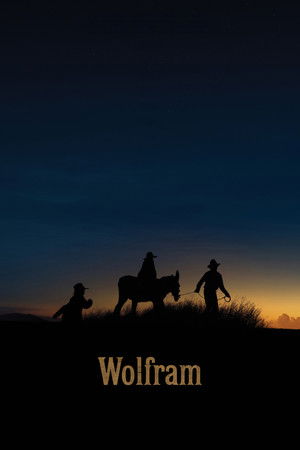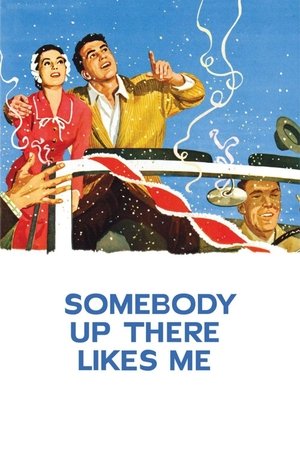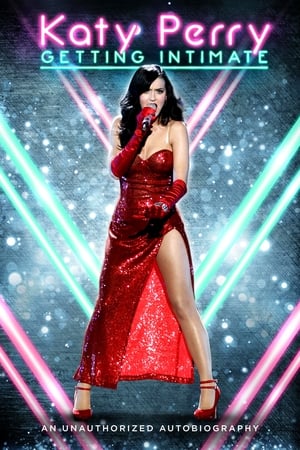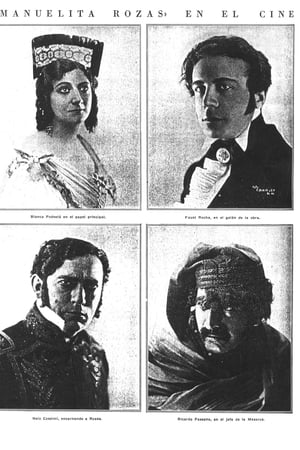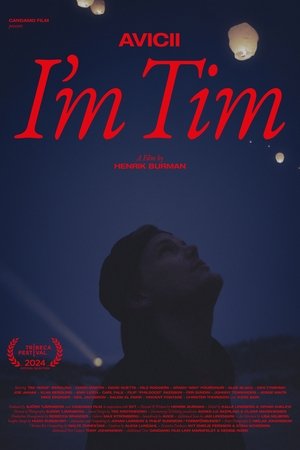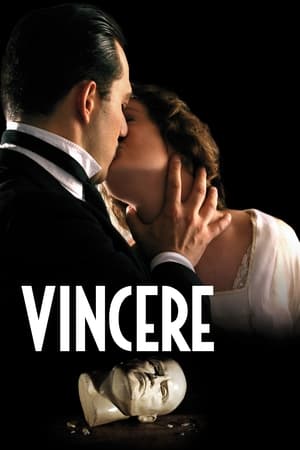Overview
In this sequel to The Jolson Story, we pick up the singer's career just as he has returned to the stage after a premature retirement. But his wife has left him and the appeal of the spotlight isn't what it used to be. This time Jolson trades in the stage for life in the fast lane: women, horses, travel. It takes the death of Moma Yoelson and World War II to bring Jolson back to earth - and to the stage. Once again teamed with manager Steve Martin, Jolson travels the world entertaining troops everywhere from Alaska to Africa. When he finally collapses from exhaustion it takes young, pretty nurse Ellen Clark to show him there's more to life than "just rushing around".
Reviews
Columbia had scored a significant financial and critical success with The Jolson Story in 1946 featuring actor Larry Parks miming successfully to Al Jolson's singing voice, the ageing entertainer re-recording all his great hits for the film.
Then as now thoughts of a sequel were forthcoming but the story of Jolson's career had essentially been told in its entirety.
This can be seen in the struggle the screenwriters had in creating a compelling narrative for the second film.
The key plot points are fairly anaemic, including the end of one marriage, the gestation of another, a temporary retirement for Jolson and his re-discovery entertaining the troops in World War II. The final third of the film, in almost an act of desperation, is given over to the production of The Jolson Story, resulting in Larry Parks playing Jolson opposite Larry Parks playing himself. This includes one sequence where Parks playing Jolson stands on set urging Parks playing Parks who is in fact playing Jolson to successfully mime to the real Jolson's singing. Possibly the word meta was invented to describe just this kind of scenario.
The lack of plot means that the audience is left mostly idling between musical numbers. The actors try hard; Parks in particular is very personable and captures some of the sheer stage presence and energy of the real Jolson. Barbara Hale has a thankless role as Jolson's new wife, mostly sitting admiring the prolonged performance scenes. Ludwig Donath is precise as Jolson's cantor father with concern for his son echoing through every scene even when he is conveying anger.
Despite the presence of Technicolor the production looks a little cheap with a lot of fairly basic sets - the cinema foyer looks like a re-dress of something used in another film and the Alaskan army hut is two walls and a backdrop. Many scenes are conveyed through newspaper and other montages and there is never really much conviction to Jolson's international travels.
The music is the main drawcard here and the real Jolson provides committed and passionate singing throughout. It is a pity that the surrounding fabric of the film could not better support his work.
Larry Parks picks up, almost to the frame, from where he left off with the first part of this biopic of the celebrated singer. Lured back to the stage, his wife “Julie” has done a bunk. She doesn’t want to compete with what she thinks will always be his first love, nor does she want to stop him - so off she flies and doesn’t feature at all. Distraught? Well not really, no. He immediately embarks on resuscitating his career and goes from strength to strength thanks to the support of long-suffering manager “Steve” (William Demarest) and his now reconciled father (Ludwig Donath). Soon firmly re-established but really rather bored with it all arriving on a plate, he gets quite a sudden wake-up call entertaining the troops in Europe during the war before returning to turn his attentions to the talkies as the concept of “The Jazz Singer” is born. All of these shenanigans are taking their toll and suffering from exhaustion he is confined to bed where he meets the young “Ellen” (Barbara Hale) whose nursing skills soon blossom into something that might just give this man his long sought contentment. Though it takes the chronology to it’s conclusion, it doesn’t really add much to the character of Jolson as we reprise many of his more famous numbers and reiterate that this was one of the greatest celebrities in the USA. Parks and Hale deliver well enough, and it’s an amiably enough strung together history that sounds fine but drags on for too long and rather lacks energy. Watchable, but a little lacklustre.

 96 min
96 min
 6
6
 1949
1949
 USA
USA
 CyrusPK wrote:
CyrusPK wrote: